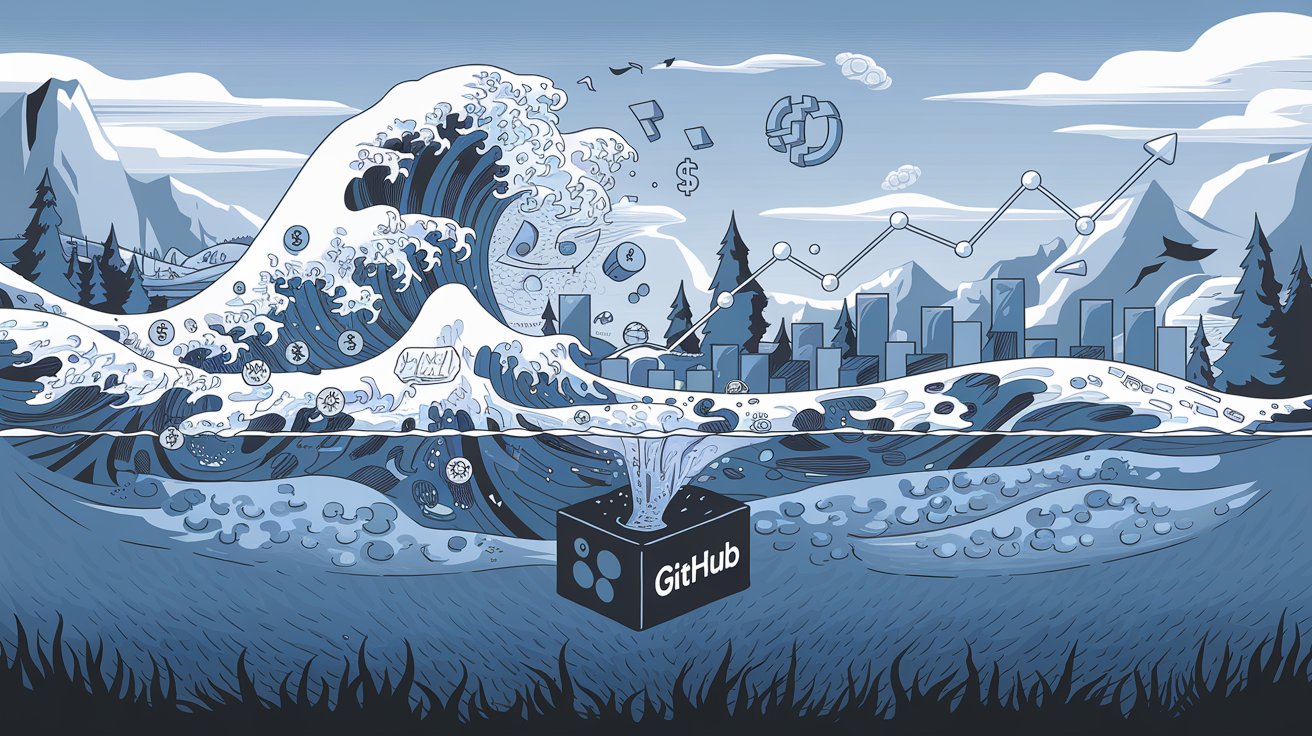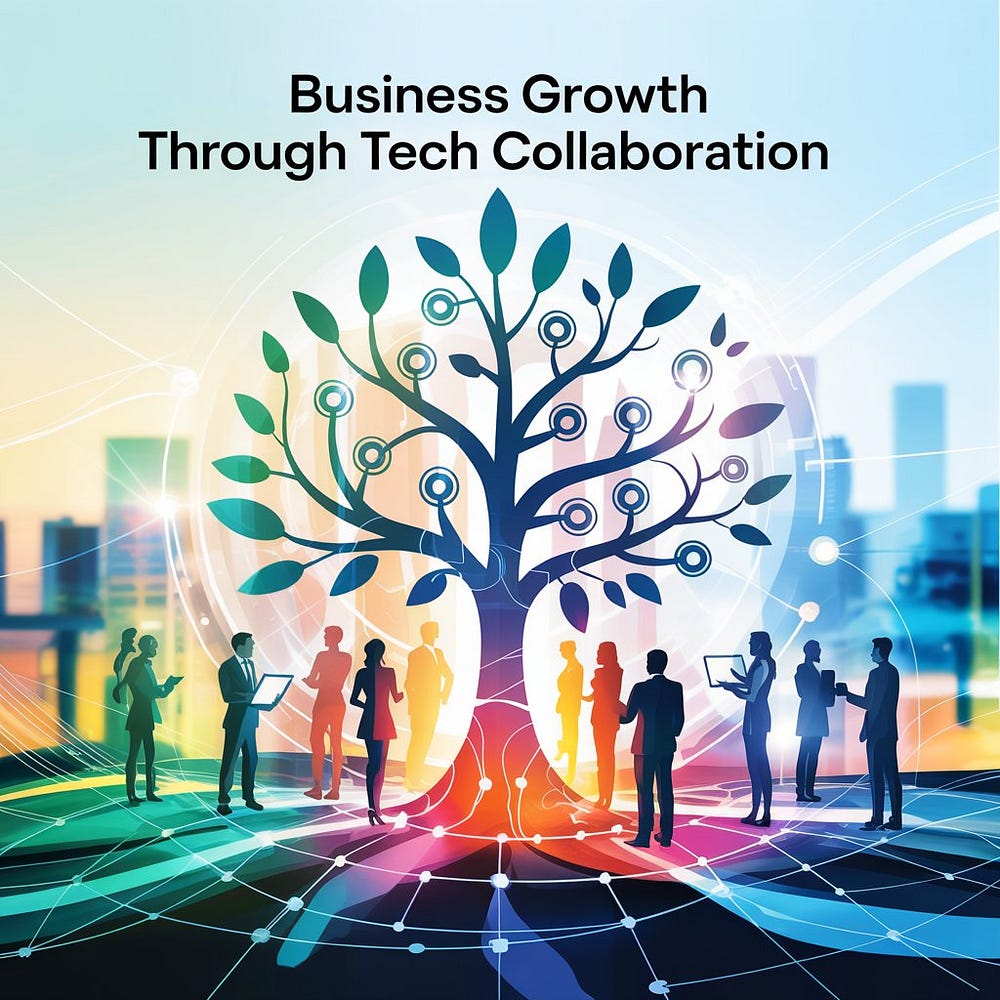The Creator-Startup Merge: Why Influencers Are Launching Tech Ventures
The Creator-Startup Merge: Why Influencers Are Launching Tech Ventures
From TikTok stars to venture-backed founders, influencers are no longer just promoting product — they’re building them.

1. The Influencer Economy Takes Off
Social media has built a generation of business leaders who are born digital and know audiences better than the majority of mature businesses. Loyal followers and content knowledge have made today’s influencers shift from brand ambassadors to brand builders.
The content-commerce line is becoming blurred. Instagram, YouTube, and TikTok, to mention a few, not only permitted creators to monetise attention but also convert it into equity.
2. The Shift in Strategy: Audience as Resource
The startup world is finally waking up to what influencers already know: distribution is power. When creators launch products, apps, tools, or platforms, they are bringing their own marketing machinery along. This gives them an edge over the typical startups that typically struggle to gain traction.
From MrBeast starting a chocolate business to Alix Earle co-founding a beauty company, the pipeline from influencer to founder is only getting stronger.
3. Tech Is the New Merch
Those were the days when influencers used to just drop merch drops or beauty collections. Nowadays, they are co-launching fintech apps, wellness platforms, and even SaaS tools. These new startups would look at the same audience they have built — Gen Z, content creators, and freelancers — and provide actual value with native trust.
Some prime examples:
- Emma Chamberlain’s Chamberlain Coffee company is a technology-enabled e-commerce in its inception.
- Addison Rae introduced beauty company ITEM (now IPSY), which is connected with online platforms.
- Marques Brownlee (MKBHD), a top tech YouTuber, has launched his own tech gear brand while expanding into startup investments
4. The VC Angle: Money Follows Influence
Venture capital investors are increasingly investing in creator-founder startups, knowing that such founders come with traction. Influencers don’t just build MVPs — they launch with product-market fit.
Creator-led businesses are showing signs of:
- Quick go-to-market velocities.
- Reduce customer acquisition costs.
- Increased community-initiated retention.
5. Incentives and Risks: Can Creators Scale Like Founders?
While creator-founded companies are the cool kids, the question is — can creators scale teams, run operations, and build beyond their personality?
Some do it by partnering with experienced operators; others, by winging it. The risk is over-indexing on personality. If the creator’s relevance declines, so might the brand.
But if executed well, creator-first startups can become cults and be valuable in the long term — consider Kylie Cosmetics or Glossier.
6. What This Portends for the Startup Ecosystem
We are entering an age where the next unicorn might be built on YouTube.
- Startups will increasingly value audience-first strategies
- Founders will be held responsible not just for the product, but on personal brand extension
- Influencers would be respected as visionaries, not viral phenomena
7. Conclusion: Future Is Creator-Driven
Influencers aren’t just disrupting marketing —they’re transforming entrepreneurship. Where attention equals money, creators are the capital.
The convergence of startup creators isn’t a trend. It’s a shift.
Looking to build a high-performing remote tech team?
Check out MyNextDeveloper, a platform where you can find the top 3% of software engineers who are deeply passionate about innovation. Our on-demand, dedicated, and thorough software talent solutions are available to offer you a complete solution for all your software requirements.
Visit our website to explore how we can assist you in assembling your perfect team.





